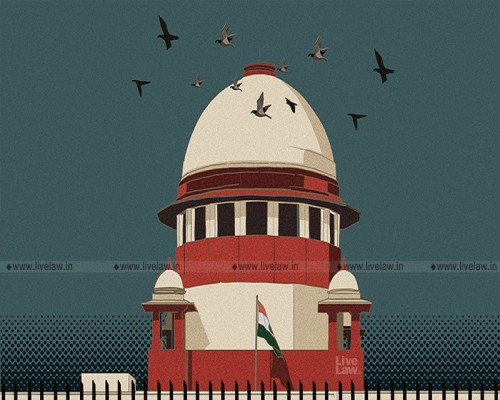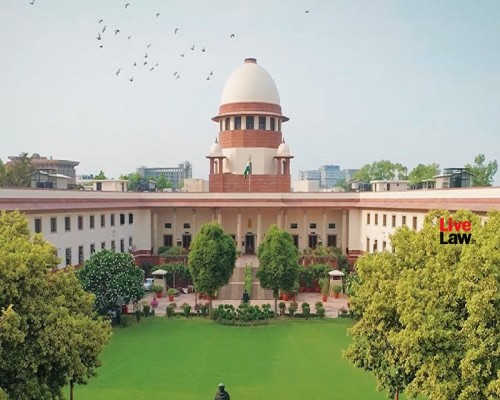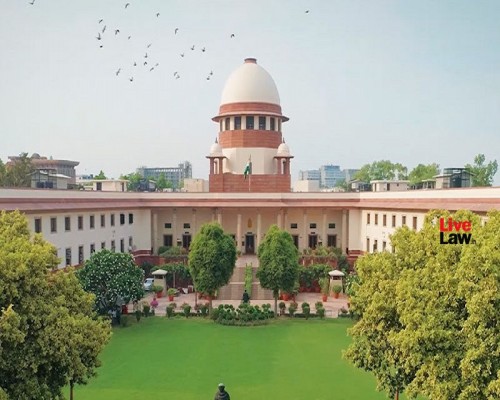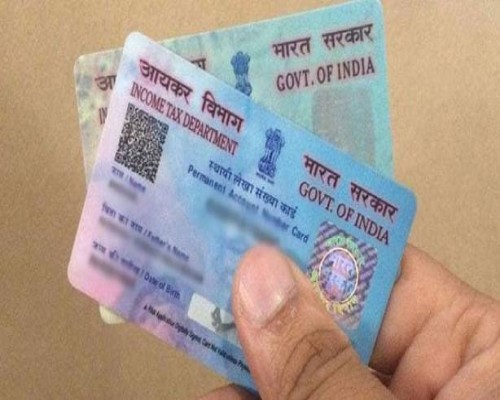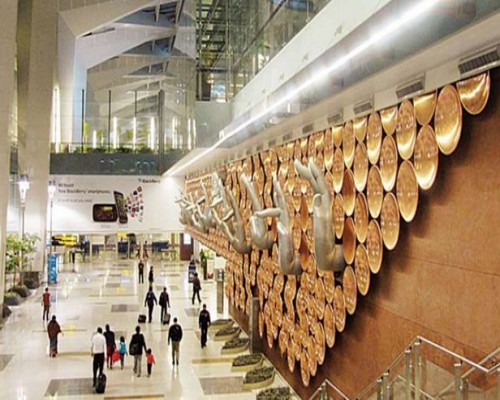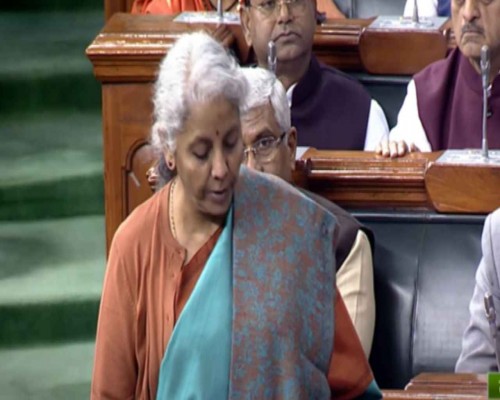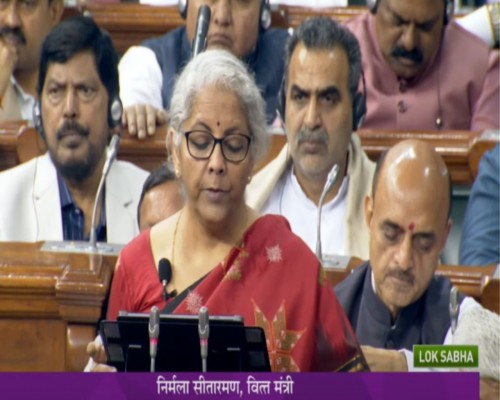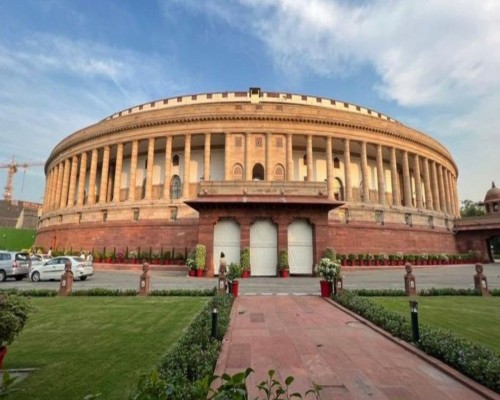EMBRACING MALTA'S PAST, PRESENT, AND FUTURE: A COMPREHENSIVE REFLECTION
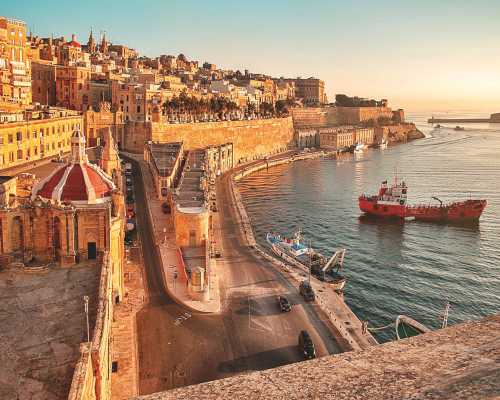
Malta, with its rich history, vibrant culture, and strategic location, stands at the crossroads of civilizations, embodying a tapestry of influences that have shaped its identity and trajectory over millennia. As we reflect on Malta's past, navigate its present challenges, and envision its future prospects, it becomes evident that embracing Malta's multifaceted heritage and aspirations is essential for charting a sustainable and prosperous path forward. This essay provides a comprehensive reflection on Malta's past, present, and future, exploring the interconnected themes of history, culture, economy, society, and governance.
Malta: A Guide to the European Island's Past, Present & Future
Embracing Malta's Past: Malta's past is characterized by a mosaic of civilizations, from ancient settlers to medieval rulers and colonial powers, each leaving its indelible mark on the island's landscape, architecture, and cultural heritage. The prehistoric temples of Ġgantija and Ħaġar Qim stand as testament to Malta's Neolithic inhabitants, while the legacy of the Phoenicians, Romans, Arabs, and Knights of St. John is reflected in the island's fortified cities, churches, and traditions.
The Knights of St. John, who ruled Malta for over two centuries, transformed the island into a formidable fortress and maritime power, repelling invasions and safeguarding Christendom's interests in the Mediterranean. The Great Siege of Malta in 1565, where the Knights successfully defended the island against the Ottoman Empire, remains a defining moment in Malta's history, symbolizing resilience, courage, and defiance in the face of adversity.
Malta's strategic significance as a naval base and trading hub attracted successive waves of conquerors, including the French and British, whose colonial rule left enduring legacies in Malta's institutions, language, and legal system. The integration of Maltese society into the British Empire, coupled with the island's pivotal role in World War II, shaped Malta's modern identity as a resilient and cosmopolitan nation.
Embracing Malta's Present: In the present day, Malta grapples with a dynamic array of opportunities and challenges, reflecting the complexities of a rapidly changing global landscape. The transition to a post-colonial, independent state in 1964 marked a new chapter in Malta's history, characterized by nation-building, democratization, and socio-economic development. Joining the European Union in 2004 further accelerated Malta's integration into the global community, opening up new avenues for trade, investment, and cooperation.
Malta's economy has undergone significant transformation, evolving from agrarian roots to a diversified economy driven by tourism, financial services, manufacturing, and digital innovation. The tourism sector, in particular, has emerged as a cornerstone of Malta's economy, attracting millions of visitors annually to explore the island's cultural treasures, natural beauty, and Mediterranean charm.
Embracing Malta's Future: Looking ahead, Malta stands at a critical juncture in its history, poised to navigate the complexities of a rapidly changing world while preserving its unique identity, heritage, and values. Embracing Malta's future requires a forward-looking approach that balances continuity with innovation, tradition with modernity, and global engagement with local stewardship.
Economically, Malta's future prosperity hinges on diversification, innovation, and sustainability. Investing in emerging industries such as technology, renewable energy, and creative industries can drive economic growth, create high-value jobs, and foster resilience in the face of global disruptions. Strengthening entrepreneurship, research and development, and skills training will be crucial for Malta to seize opportunities in the knowledge economy and digital age.
Environmentally, Malta's future resilience depends on proactive measures to address climate change, protect biodiversity, and promote sustainable development. Adopting green technologies, reducing carbon emissions, and conserving natural resources can enhance Malta's environmental sustainability and contribute to global efforts to mitigate climate change and preserve ecological integrity.
Socially, Malta's future hinges on promoting social inclusion, equality, and well-being for all its citizens. Investing in education, healthcare, and social services, as well as fostering intercultural dialogue and community engagement, can strengthen Malta's social fabric and empower individuals and communities to thrive in a rapidly changing society. Embracing diversity, embracing diversity, and fostering a sense of belonging and solidarity are essential for building a cohesive and resilient society.
Conclusion: In conclusion, embracing Malta's past, present, and future requires a holistic approach that honors Malta's rich heritage, navigates its current challenges, and envisions a future that is sustainable, inclusive, and prosperous. By drawing on the lessons of history, harnessing the opportunities of the present, and charting a visionary course for the future, Malta can realize its full potential as a resilient, dynamic, and forward-looking nation in the global community. As Malta embraces its past, navigates its present, and shapes its future, the spirit of resilience, innovation, and solidarity will continue to define Malta's journey towards a brighter tomorrow.




